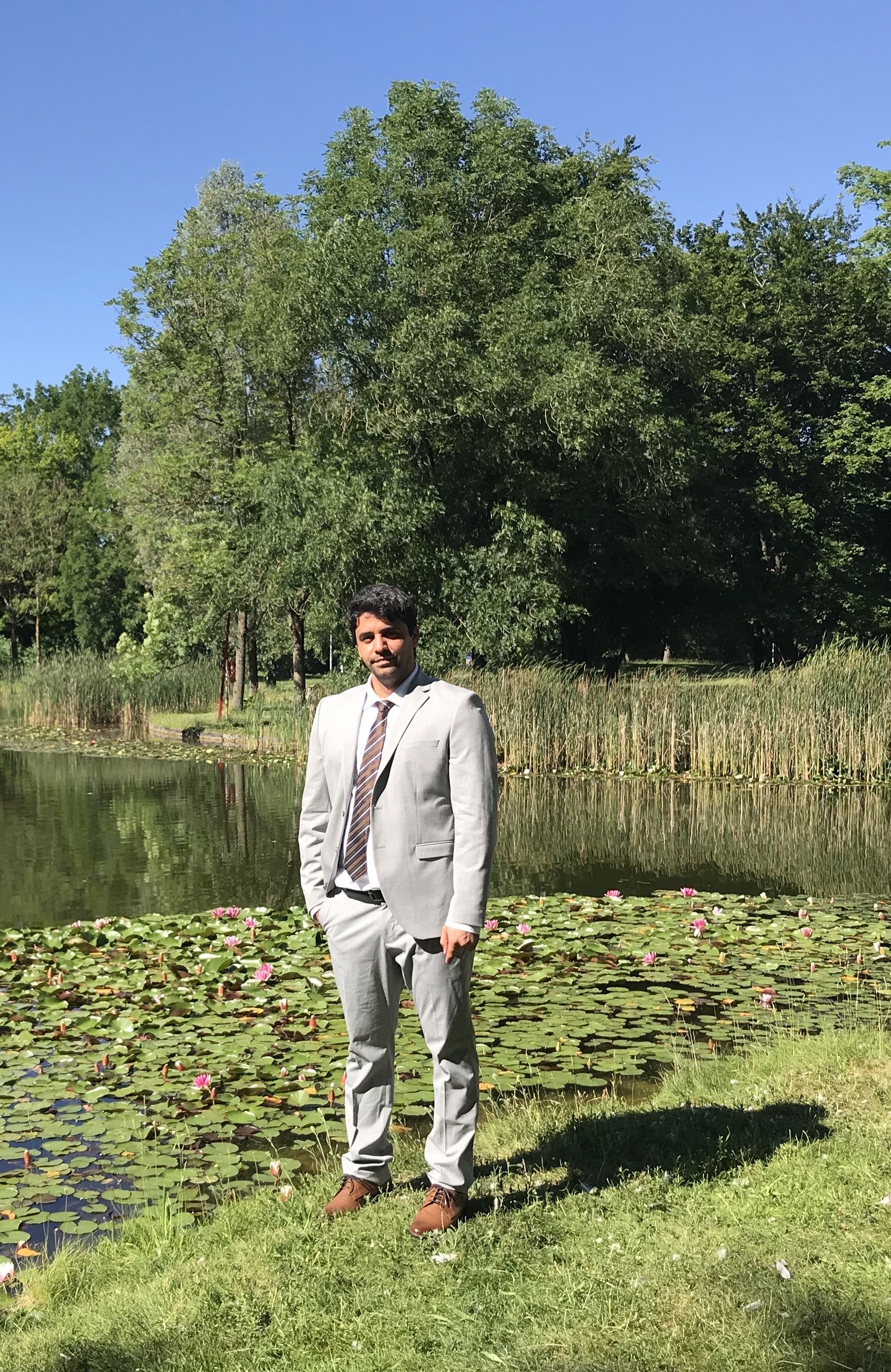Dr. Mohsen Soltani
Dr. Soltani received his BSc and MSc degrees in physical geography and synoptic climatology, respectively, both from the University of Tehran, Iran. He did his PhD studies in regional climate and hydrology based on the eddy-covariance methods and physically-based hydrological modeling (GEOtop model) at catchment-scale jointly at the Karlsruhe Institute of Technology KIT-Campus-Alpine and University of Augsburg in Germany.
In terms of work experiences, Mohsen did his first postdoc at GEUS: Geological Survey of Denmark and Greenland based in Copenhagen, in the field of hydrological modelling (DK-model executed in MIKE-SHE modelling system) and remote-sensing application at the national scale of Denmark. Then, his second postdoc was done at Wetsus: European centre of excellence for sustainable water technology based in Leeuwarden in the Netherlands, where he worked on the hydroclimatology of the Sinai Peninsula in Egypt using data analysis and numerical hydro-meteorological modelling (WRF/WRF-Hydro coupling system). Finally, Mohsen is doing his third postdoc at Department of Geography and Environmental Management, University of Waterloo in Canada, where he is working on the snow-land-climate modelling project aiming to assess the impacts of climate change on the Canadian permafrost using data-analysis and numerical-modelling approaches.
Dr. Soltani’s research fields and interests include, but not limited to, land-atmosphere interactions, climate change and regional climate dynamics, extreme climate events, watershed hydrological processes and modelling, and remote sensing techniques. Over the past decade, Dr. Soltani has published above 20 research articles in the fields of (hydro)meteorology, (hydro)climatology, (surface)hydrology, and remote sensing.
What is your role in the C1W project?
My contribution to the C1W project is mostly to conduct research using statistical methods and numerical modelling to estimate the variabilities and dependencies between the historical multiple hydroclimatic products (such as snow water equivalent SWE and soil moisture SM) in space and time over the Canadian environments like the Mackenzie River Basin.
What benefits do you think C1W will bring to Canada/Canadians?
The C1W project will boost our knowledge and understanding on the past and future of the Canadian hydroclimatology in particular about the impact of climate change on the water resources of Canada.

